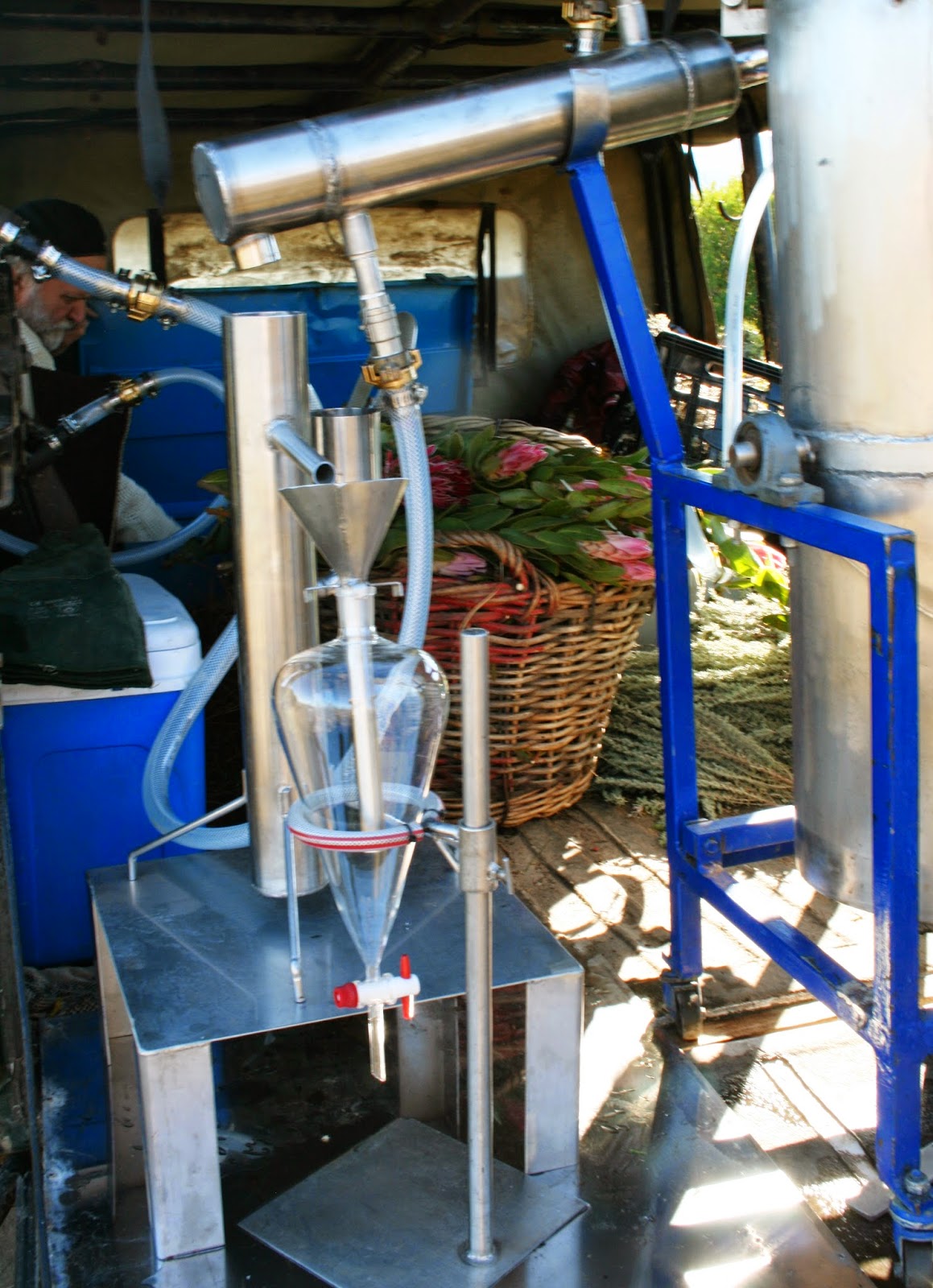 |
This is the time for wild harvesting in this area .We begin our season's harvests one fresh cool morning in July. Up before dawn, we drive to the area where we plan to harvest, enjoying the exquisite scenery en route. The aloes flower at this time too - and this is Aloe Ferox - also used in Rain products in the Aloe and Avocado range
Proteas ( our national flower ) are blooming in great swathes and there are groups of hungry sunbirds feasting on the sweet new nectar. We pick some proteas for mom as a thank you for the crunchy cranberry rusks we enjoy with the early morning coffee.
The trusty landrover has been kitted out, serviced, oiled and greased - even new shocks fitted to cope with the rough terrain and the extra load of water tanks on the roof. We are ready to harvest
The fynbos plant kingdom is the smallest and richest in the world - one of seven plant kingdoms globally with around 8000 species- 70% of these plants are found nowhere else in the world.There are 1300 species per 10 000 sq.km compared to the South American rainforests which have 400 species per 10 000 sq.km. This is an exceptionally special and unique place.
We have our factory located in this region, and are thus privileged to be able to wild harvest our raw materials from our "backyard" so to speak.
John, our Fragrance Forager
has the distillation kit firmly bolted to the sides of the landrover with tanks of cooling water on the roof to enable us to distill the plants on site - right in the wild - fresh straight from picking
And of course, there is always time for tea and those rusks of mom's.We are up the mountain and it is chilly - nothing like a hot cuppa to warm the hands and heart
This is Joe - our KhoiSan medicine man. He knows his plants and keeps a lookout for them from the sides of the Landy as we drive - banging on the roof to alert us to stop when he spots something
The terrain requires four wheel drive - it is steep and rutted and the tracks run as mini streams from all the underground water during this wet season
We harvest Aasbos - or Bait Bush - so called by fisherman as they use it to clean their hands after handling their bait. This plant we are harvesting in the coastal dune belt where these plants occur in abundance
It is an olfactory journey -
with Joe handing us bushels
of plant materials to smell
and identify. Some of them
are sub species and we have
to continually refer to our
reference books as we go
The mobile office with a basket of plant books for backup.We consider
ourselves as pruners - we never cut everything from a bush , but use a rule of thumb of no more than a quarter. Pruning stimulates new growth and it means we are harvesting sustainably
Joe and John prepare the still for operation , attaching all the pipes for the cooling water flow from the roof, connecting the gas burner and setting up the catchment flask. The guys head out with their picking baskets and secateurs and then gradually return with the plant materials to be distilled.
The drum of the still gets filled with freshly picked organic plant materials, and we sit under a tree and wait while the heat builds and the hydrosol slowly starts to drip from the tank. It is wonderful being immersed in the still calmness of raw nature , the pace is slow and there is time to watch the birds and the ants, feel the warm winter sun on our faces
We make tea and sandwiches for the pickers and we laze around waiting for the golden oil to emerge from the plants. This oil which is fresh, pure, wild and organic will be used in Rain products throughout the year
At the end of the day ,weary , but also filled up with a sense of replenishment that only pure nature can deliver, we head back down the mountain and home.

















